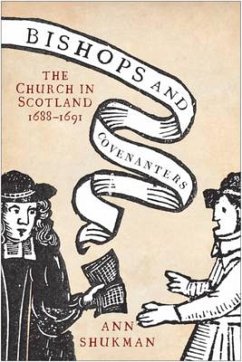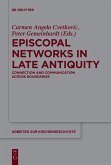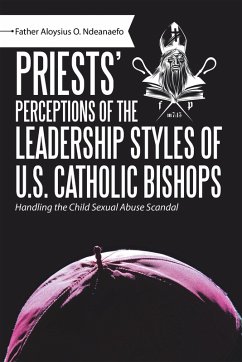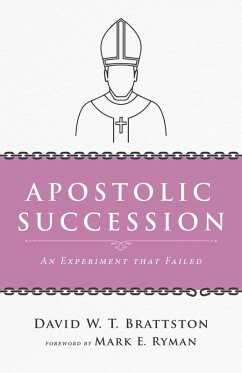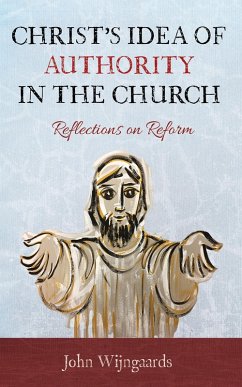Why did the young Protestant monarch William of Orange fail to make his mark on Scotland? How did a particularly hard-line 'Protester' branch of Presbyterianism (the last off-shoot of the Convenanting movement) become the established Church in Scotland? And how did it come about that Scotland suffered a kind of 'cultural revolution' after the Williamite revolution, nipping in the bud the proto-Enlightenment? This book reviews the political events that led to the abolition of episcopacy in 1689 and with it the concerted attack on the parish clergy. It explores for the first time the background and influences that led to the brutal 'rabbling of the curates' in south-west Scotland. It explores the mind-set of the notorious Covenanting tract Naphtali (1667), and of its author Sir James Stewart of Goodtrees, who was the author of the Act establishing hard-line Presbyterianism in 1690, and became Lord Advocate of Scotland in 1692. The purges of the universities after the 1690 Act led to a hardening of attitudes, and the on-going purging of the parishes led ultimately to the emptying of two-thirds of all the parishes of Scotland. The book suggests how these events contributed to the notion of 'King William's ill years'.
Dieser Download kann aus rechtlichen Gründen nur mit Rechnungsadresse in A, B, BG, CY, CZ, D, DK, EW, E, FIN, F, GR, H, IRL, I, LT, L, LR, M, NL, PL, P, R, S, SLO, SK ausgeliefert werden.

